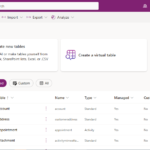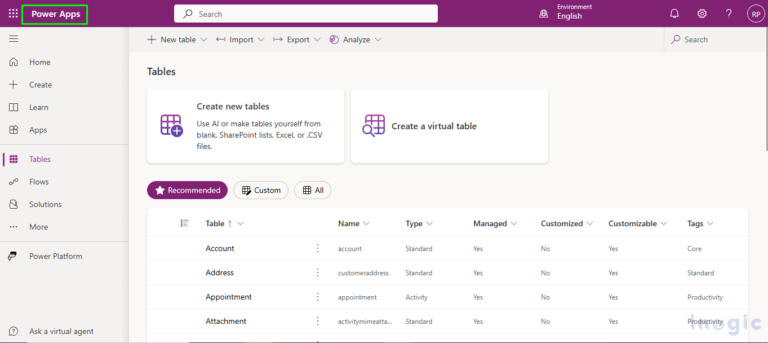CRM implementations are not a one-and-done task, they’re a continuous journey that transforms the way businesses operate. In this article, we’ll explore the purpose of CRM and why it’s essential to view it as an ongoing process rather than a destination.
The Crawl-Walk-Run Philosophy:
At the core of successful CRM implementation is the crawl-walk-run philosophy. This approach suggests starting with a small, manageable project that focuses on the fundamental minimum viable product. For most businesses, this means addressing basics like managing customers, accounts, contacts, and activities such as phone calls and emails. The goal is to deliver quick wins and a swift return on investment.
Solving the “Don’t Know What We Don’t Know” Dilemma:
Many companies struggle with the challenge of not knowing what CRM can truly do for them until it’s implemented. CRM addresses issues related to using disparate tools like spreadsheets and email, providing a centralized hub for information. By starting with quick wins, companies can overcome the common problem of falling short on follow ups and lack of visibility into customer interactions.
Adopting a Culture of Constant Improvement:
Once the initial implementation is successful, the next step is to embrace a culture of constant improvement. Rather than treating CRM as a project with a defined end date, it should be seen as the start of a revolution within the company. This mindset allows businesses to become more efficient, responsive, and adaptable to change.
Harnessing the Power of Automation with CRM:
Systems like Microsoft Dynamics 365 and CRM In A Can offer continuous innovation and investment. This includes leveraging technologies like AI, such as Chat GPT, to automate processes. Automation can range from simple reminders for follow-ups to sophisticated email triggers based on specific thresholds. These enhancements streamline business operations and ensure that no steps are missed in the sales process or operational flow.
The CRM Journey, Not the Destination:
A crucial aspect of CRM adoption is recognizing that it’s not a destination but an ongoing journey. The pace of this journey depends on the business’s needs and goals, with some companies iterating their systems annually and others weekly. CRM is a tool for becoming a business of the future, responsive, competitive, and consistently delivering high-quality customer experiences.
The OnTrack Virtual Coworker Membership:
To facilitate long-term CRM adoption, some companies offer virtual coworker programs. An example is the OnTrack program, acting as a personal trainer for businesses, ensuring they make the most of their investment. This program provides unlimited tech support, coaching, guidance, and access to a library of add-ons, strengthening Dynamics and CRM in a Can for users.
The implementation process is not a static action but a dynamic journey. Embracing the crawl-walk-run philosophy, solving immediate pain points, and adopting a mindset of constant improvement will position businesses to thrive in an ever-evolving landscape. The key is to view CRM not as a destination but as a catalyst for continuous transformation and success.









